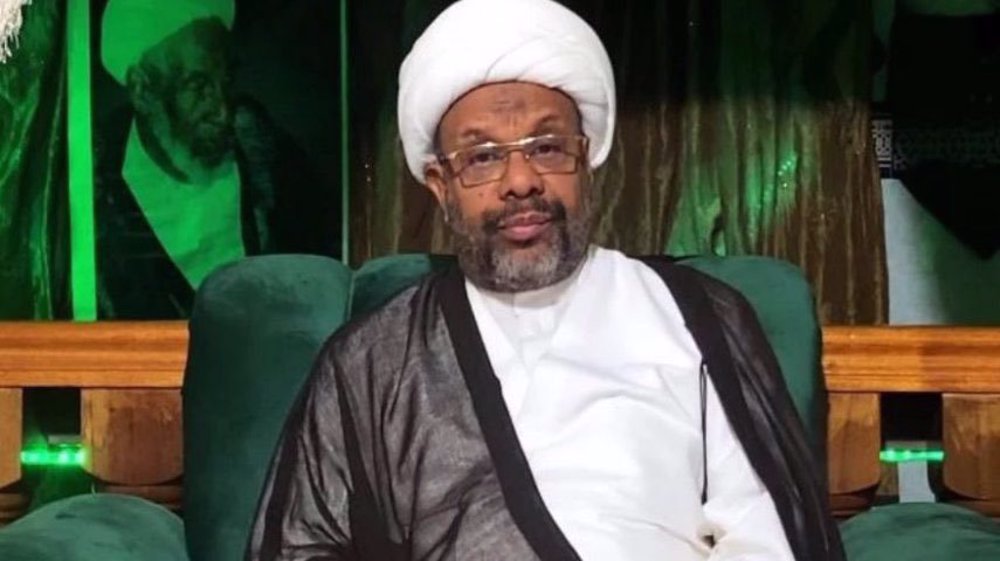Alwaght- Saudi regime re-arrested a distinguished Shiite Muslim cleric, the West-backed kingdom presses ahead with its heavy-handed crackdown on members of the religious community.
Social media activists reported that members of the Presidency of State Security detained Sheikh Kadhim al-Amri, a well-known Shia scholar in the holy city of Medina, earlier this week without any charges against him.
The activists added the forces transferred the man, who is the son of the late Sheikh Muhammad al-Amri, to an “unknown place” after his arrest.
Saudi agents had earlier arrested Sheikh Amri in early February.
He is the custodian of a famous mosque in Medina and represents Grand Ayatollah Ali al-Sistani, Iraq's most prominent Shia cleric, in the city. He had been arrested once in 2010 as well.
Last month, Saudi security forces re-arrested distinguished Shia scholar Sheikh Muhammad al-Abbad in al-‘Umran city of al-Ahsa province without a warrant, and took him away to an unknown location.
Sheikh Abbad had been arrested on September 16, 2019. The Supreme Court sentenced him at the time to two and a half years in prison, and slapped a travel ban of the same period against him. He was imprisoned for nearly 3 years before being released last March.
The Shia cleric is known for his strong and courageous stances in defense of citizens' rights, and speaking fearlessly against abuses and misappropriation of organizational power by state authorities.
Saudi Arabia has stepped up politically-motivated arrests, prosecution, and conviction of peaceful dissident writers and human rights campaigners, in particular in the Eastern Province.
The province has been the scene of peaceful demonstrations since February 2011. Protesters have been demanding reforms, freedom of expression, the release of political prisoners, and an end to economic and religious discrimination against the region.
The protests have been met with a heavy-handed crackdown, with regime forces increasing security measures across the province.
Ever since Crown Prince Mohammed bin Salman became Saudi Arabia’s crown prince and de facto leader in 2017, the kingdom has arrested dozens of activists, bloggers, intellectuals, and others perceived as political opponents, showing almost zero tolerance for dissent even in the face of international condemnations of the crackdown.
As a result, Islamic scholars have been executed, women’s rights campaigners have been put behind bars and tortured, and freedom of expression, association, and belief continue to be denied.
Over the past years, Riyadh has also redefined its anti-terrorism laws to target activism.
In January 2016, Saudi authorities executed Shia cleric Sheikh Nimr Baqir al-Nimr, who was an outspoken critic of the Riyadh regime. Nimr had been arrested in Qatif in 2012.



























